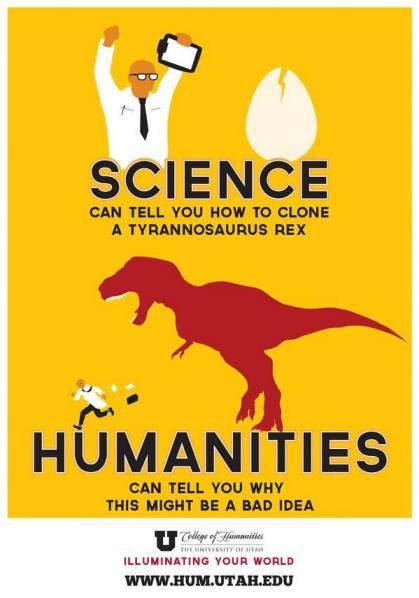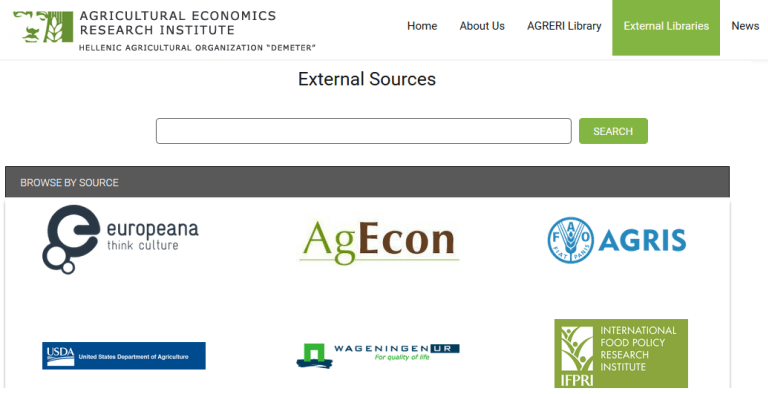Digital Humanities and Agricultural Cooperatives: is there a link?
By Nikos Manouselis in Our Solutions, Projects
This blog was first published on Agroknow blog.

Would you imagine that there is a connection between Europe’s digital cultural heritage library, the Common Agricultural Policy (CAP) and agricultural cooperatives? Probably not. Which is the beauty of the whole thing: investigating whether this rich, common European heritage source can prove of relevance and value to people and activities that one would never consider. This is exactly what Agroknow has carried out during the last year of a large European project called Europeana Cloud – being a member of the ARIADNE Foundation that was a partner in the project. The project focused on how Europeana could prove to be a research resource to scientists working on areas related to the Humanities; that is, people working on topics such as history, philosophy, culture, theology and such.

What is the difference between science and the humanities? (as exemplified by the University of Utah)
The question that we focused on after a very interesting project plenary in Edinburgh was: could researchers working in completely different areas, like agriculture and food, could discover and make uses of available interesting digitised materials, from the vast amount of resources available through Europeana?
But how do the Humanities related to the Agricultural and Food Sciences? Well, they kind of do have an essential relationship. Socioeconomics and policy research are an integral part of agricultural research, innovation and decision making. They help in bringing the human dimension and issues in the research process, contributing critically to the analysis and conduction of research in crosscutting themes such as poverty, food security, nutrition inbalances and natural resource management. They provide research methods and tools for scarce resource allocations, identification of research agenda, research priority setting, adoption and impact assessment studies; and they can play important role by identifying policy gaps and constraints to technology development, uptake and scaling-up.

Right from Europeana, explaining when most Hungarian farms were turned into huge agricultural cooperatives. Hungarian Agricultural cooperative, Österreichische Nationalbibliothek, Public Domain.
Some very important policy decisions rely on scientific work that is taking place using social science methods: a prominent example is the Farm Accountancy Data Network (FADN), a Europe-wide network and instrument of the European Union for evaluating the income of agricultural holdings and the impacts of the Common Agricultural Policy (CAP) to the lives of farmers in all European countries. In order to investigate the societal factors that affect major agricultural and food aspects, a number of social science methods and tools are being used, including survey data collection, statistics, analyses at a farm, cooperative and industry level, case studies, focus groups research, guides, interactive maps etc. that produce or contain socioeconomic information and data of great importance for researchers.
This is why we have decided to run a pilot for a specific group of scientists that we work with: the team of the Agriculture Economic and Policy Research Institute (AGRERI), the national agricultural economics and policy research institute of Greece. The work of these guys is heavily dependent on ethnographic studies and other social science methods and tools. In many cases, historical resources and archives are used as research resource. And we wanted to investigate this dimension further: could Europeana collections become a useful digital resource for the AGRERI team? And how could we develop an online service that would bring the relevant digital collections and resources at their fingertips?

Discovering external digital collections and repositories right from the AGRERI web site.
What we have developed for the AGRERI team was a discovery service, positioned right inside their web site: a virtual library of digital collections coming from various sources (Europeana but also other important repositories and archives). Allowing them to either browse through these collections, or to search within them using keywords such as Agricultural Cooperatives, Agricultural Products, and Agricultural Economics. We started by developing an initial online demonstrator of how something like this should work. This was tested with the AGRERI team, through hands-on workshops and trials. We have incorporated their revisions, we have addressed their questions, we have revised and simplified the interface and the functionalities. And they liked this so much, that they have decided to actually integrate this discovery service into the new web site of the institute (that just went live, yeah!).
We do have a first answer in place, thanks to our work in Europeana Cloud and the AGRERI team: yes, scientists working with social methods and tools on topics related to agriculture and food, can and wish to discover and make use of relevant digitised collections and archives that are catalogued in Europeana. We have also taken a step further, exploring how a cultural digital infrastructure like Europeana can be connected with a data e-infrastructure for agriculture and food like AGINFRA, in order to facilitate the discovery and exploitation of such resources from our communities. It is all described in a White Paper titled “Europeana as a Resource for Social Scientists In Agriculture and Food” that we have prepared, summarising our work in the project and some directions for future work. And we are very happy and proud to share this also with you, as it illustrates how we find, connect and deliver agriculture and food information worldwide in order to make it usable, meaningful and useful.

